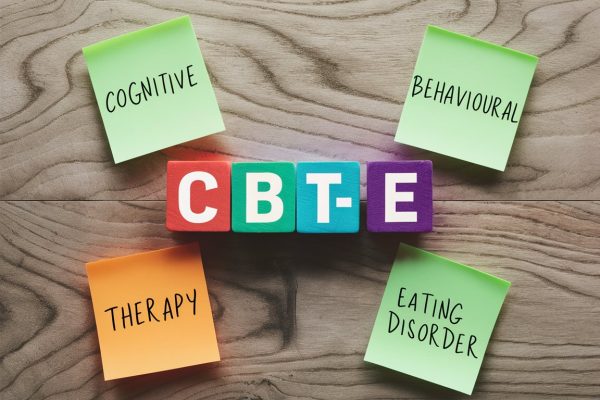
What is CBT-E....
Cognitive Behavioral Therapy-Enhanced (CBT-E) is a specialized form of cognitive behavioral therapy designed specifically for the treatment of eating disorders, such as anorexia nervosa, bulimia nervosa, and binge eating disorder. Developed by Christopher G. Fairburn and his colleagues, CBT-E is a transdiagnostic approach, meaning it can be applied to all types of eating disorders, regardless of the specific diagnosis.
CBT-E is based on the idea that eating disorders are maintained by a combination of cognitive, behavioral, and emotional factors. The therapy aims to address these factors by helping individuals modify their thoughts, beliefs, and behaviors related to eating, body image, and self-esteem.
The “enhanced” aspect of CBT-E refers to the inclusion of additional strategies and interventions that target the specific mechanisms believed to maintain eating disorders. These include:
1. Addressing over-evaluation of shape and weight: Helping individuals challenge and modify their beliefs about the importance of body shape and weight in determining self-worth.
2. Modifying dietary restraint: Encouraging regular, balanced eating patterns and reducing rigid dietary rules and restrictions.
3. Enhancing mood intolerance: Teaching skills to cope with and manage intense emotions without resorting to disordered eating behaviors.
4. Addressing interpersonal difficulties: Helping individuals improve their relationships and communication skills, as interpersonal problems can often contribute to the maintenance of eating disorders.
CBT-E typically consists of 20-40 individual therapy sessions, delivered over the course of several months. The treatment is divided into four stages:
1. Engagement and formulation
2. Addressing eating disorder psychopathology
3. Addressing core mechanisms
4. Relapse prevention
Throughout the therapy, individuals work with their therapist to set goals, monitor progress, and practice new skills and strategies in their daily lives. By addressing the underlying cognitive, behavioral, and emotional factors that maintain eating disorders, CBT-E can help individuals develop a healthier relationship with food and their bodies, improve self-esteem, and achieve lasting recovery.
Research has shown that CBT-E is an effective treatment for eating disorders, with many individuals experiencing significant improvements in symptoms and overall functioning. CBT-E has also been adapted for different age groups, including adolescents and young adults, making it a versatile and widely applicable treatment approach.
